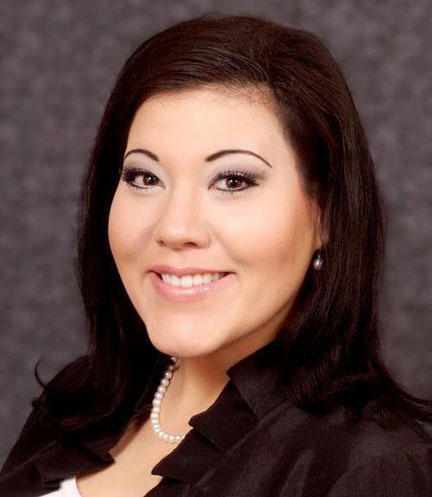In light of National Aboriginal Day this Friday, the Law Society of British Columbia is launching a new mentoring program aimed at supporting aboriginal lawyers.

“Our aboriginal lawyers find it more difficult to find articles and more difficult to find jobs,” says Christina Cook, co-chairwoman of the Canadian Bar Association B.C. branch’s aboriginal lawyers forum and a lawyer practising at Bilkey Law LLP in Kamploops, B.C.
While there are lots of supports for law students, there’s a gap when they go out into the workforce that results in many people leaving the profession after five years, she notes.
“There’s a lot of support for aboriginal law students when they’re in school. One of the mandates of this program was just to help junior aboriginal lawyers transition from law school.”
Mentoring, while not a “panacea,” according to Cook, is one of way of addressing the gap by helping lawyers make connections and get advice and support.
“The law society wants to see more young aboriginal lawyers stay in the profession and we believe strong mentoring is a good way to start,” said Maria Morellato, chairwoman of the LSBC’s equity and diversity advisory committee.
The
Aboriginal Lawyers Mentorship Program will pair experienced counsel with aboriginal lawyers who have been practising for less than three years. The senior lawyers will provide professional guidance to their fledgling counterparts.
As a result, the law society is now looking for mentors. Those who want to volunteer must have more than three years of call in any jurisdiction in Canada and be willing to commit for a year and meet with the aboriginal lawyer at least once a month in person, by phone, or at networking events.
“At the moment, they are accepting non-aboriginal and aboriginal mentors to match up with aboriginal junior lawyers,” says Cook.
The program is a partnership between the law society, the aboriginal lawyers forum, and the Indigenous Bar Association.
“Mentoring is a tradition in the legal profession, but this is the first time a program has been created specifically for aboriginal lawyers,” said Andrea Hilland, policy and legal services lawyer at the law society.
For her part, Cook notes she herself benefited from having a good mentor who helped her make connections and boost her career. She suggests the notion of increasing aboriginal presence in the profession is particularly important given the overrepresentation of First Nations in the prison system and the ongoing litigation over rights and title in British Columbia.
“It’s very, very important for aboriginal people to stay in the law,” she says.

 “Our aboriginal lawyers find it more difficult to find articles and more difficult to find jobs,” says Christina Cook, co-chairwoman of the Canadian Bar Association B.C. branch’s aboriginal lawyers forum and a lawyer practising at Bilkey Law LLP in Kamploops, B.C.
“Our aboriginal lawyers find it more difficult to find articles and more difficult to find jobs,” says Christina Cook, co-chairwoman of the Canadian Bar Association B.C. branch’s aboriginal lawyers forum and a lawyer practising at Bilkey Law LLP in Kamploops, B.C.